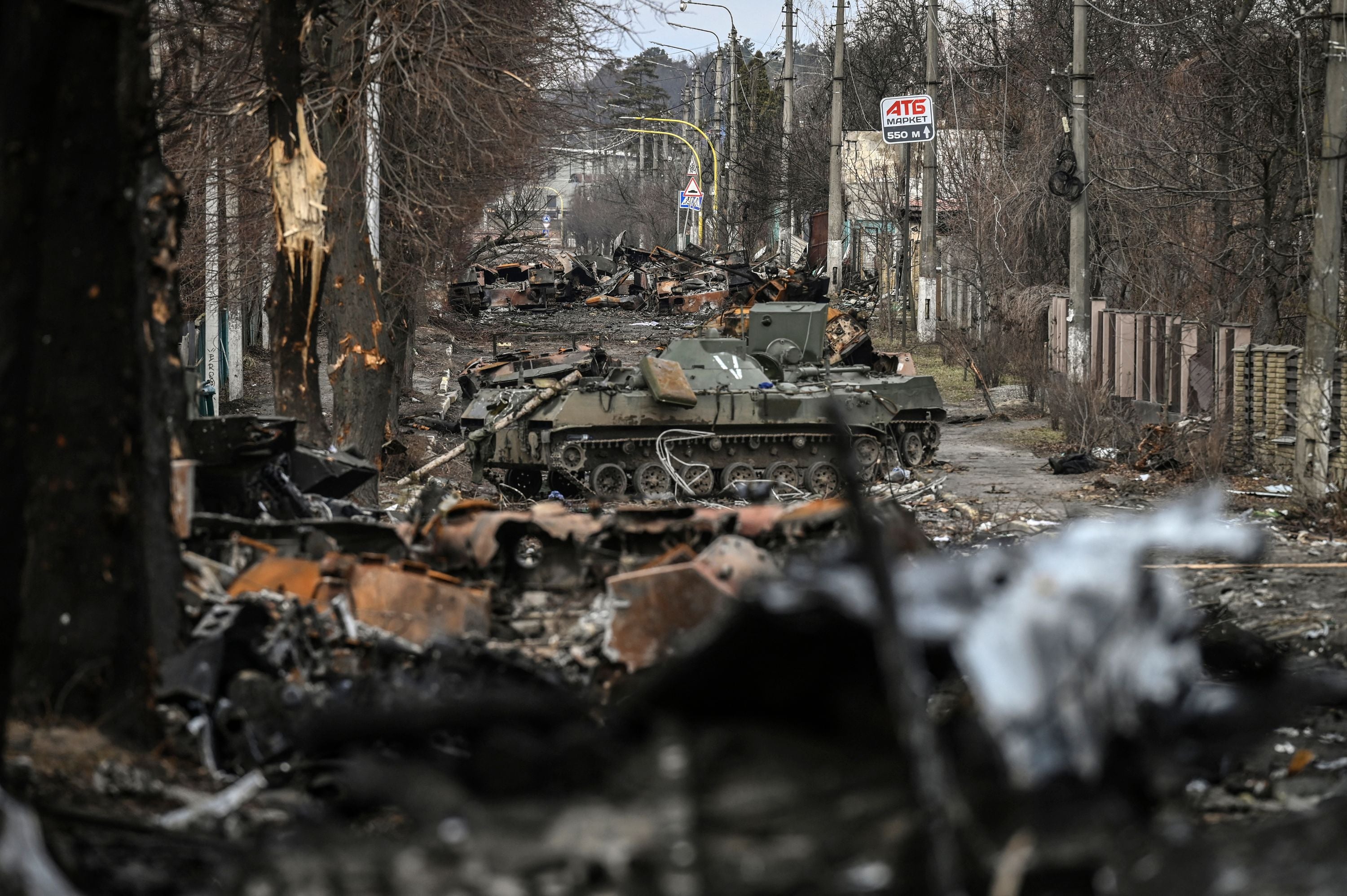‘High risk of clash’ between Russia and US, says ambassador – with diplomatic relations in ‘ice age’
However, the Russian ambassador to Washington says that prisoner swaps between the two nations have been effective

There is a “high” risk of a clash between the US and Russia, Moscow’s ambassador to Washington has said, with relations between the two countries in an “ice age”.
Russian state-owned news agency TASS cited Anatoly Antonov as saying that it was hard to say when talks on strategic dialogue between the two sides could resume, although it is unclear if the ambassador meant a clash militarily or politically. US-Russia ties have fallen to their lowest point in decades, thanks to Russia’s invasion of Ukraine, which has led Western nations to impose sanctions.
Follow our live blog for the latest here
However, Mr Antonov said that talks on prisoner swaps had been "effective" and would continue. Two prisoner swaps, in which US Marine veteran Trevor Reed and basketball star Brittney Griner have been freed by Russia since April in return for convicted drug smuggler Konstantin Yaroshenko and arms dealer Viktor Bout.
The comments come as the US Congress is expected to approve a $45bn aid package for Ukraine on Friday, as president Volodymyr Zelensky returned from Washington with the promise of Patriot missiles, following a meeting earlier this week with president Joe Biden at the White House.
Russia said that Patriot air defence systems would not help settle the conflict or prevent Moscow from achieving its goals, with Mr Putin dismissing the advanced technology as "quite old" and Moscow would find a way to counter it.
In the same address, Mr Putin said Russia wants an end to the war in Ukraine and that this would inevitably involve a diplomatic solution – the first time he used such language, having described his invasion as a “special military operation” for months.
“Our goal is not to spin the flywheel of military conflict, but, on the contrary, to end this war,” Mr Putin said.
In response, White House spokesperson, John Kirby, said Russia's actions showed Mr Putin was more interested in escalating its invasion.
Kremlin spokesperson Dmitry Peskov said on Friday that the war would end at the negotiating table once the “special military operation” achieves “the goals that the Russian Federation has set”, adding that “a significant headway has been made on demilitarisation of Ukraine”.
The Kremlin spokesperson said no reported Ukrainian peace plan can succeed without taking into account “the realities of today that can't be ignored”, a reference to Moscow’s demand that Ukraine recognises Russia’s sovereignty over the Crimea Peninsula, which was annexed in 2014, as well as other territorial gains.
Earlier this week, the US Senate voted overwhelmingly to confirm the new US ambassador to Russia, veteran diplomat Lynne M Tracy.
Reuters and Associated Press contributed to this report






Join our commenting forum
Join thought-provoking conversations, follow other Independent readers and see their replies
Comments